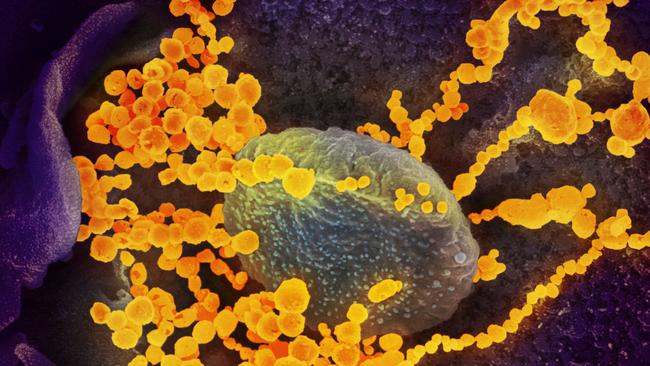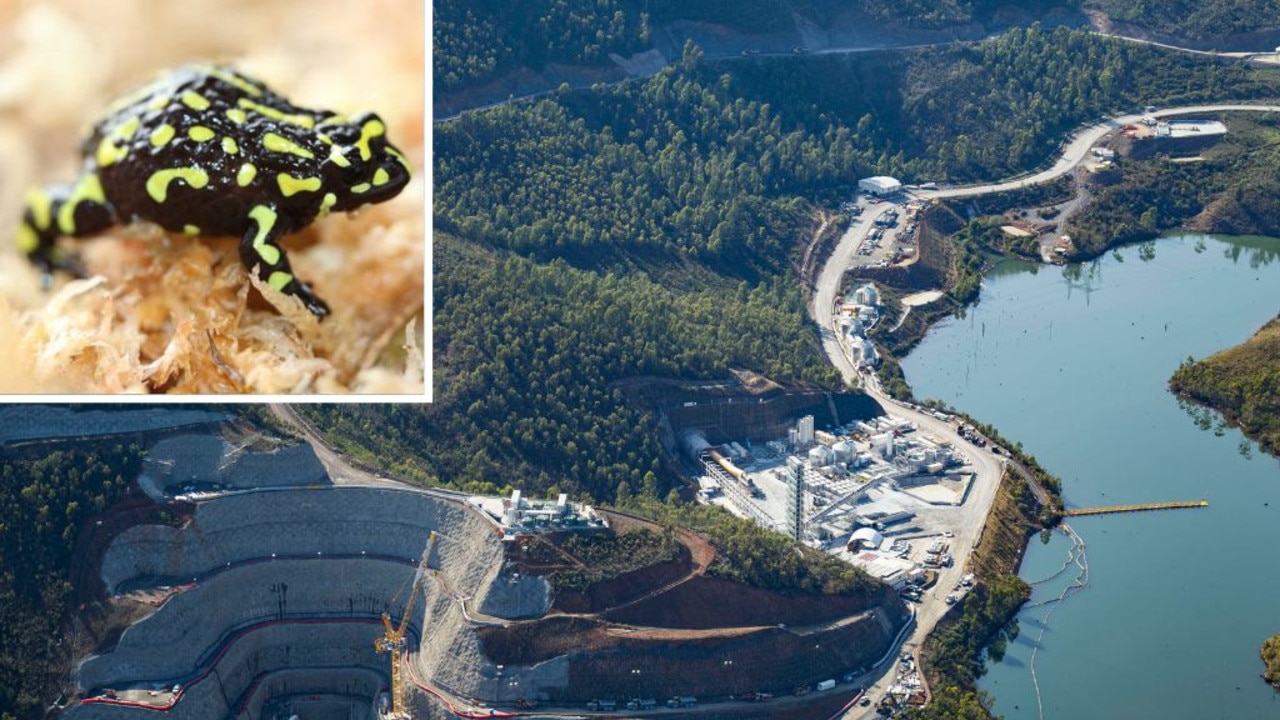COVID-19 treatment found by computer
A designer drug has been found in computer modelling studies to stop the coronavirus replicating.

A designer drug has been found in computer modelling studies to stop the coronavirus replicating.
Researchers from Monash University studied the effects on the novel coronavirus of a drug that was designed in the wake of the first SARS epidemic in 2003.
They found that the drug, known as alpha-ketoamide 13b, blocks one of the key proteins needed by the SARS-CoV-2 virus to replicate.
Tom Karagiannis, a researcher from Monash University’s Central Clinical School, said a supercomputer identified the effect of the drug on blocking the replication of SARS-CoV-2.
“When the virus gets into the body, it starts to divide and produce copies of itself,” Dr Karagiannis said. “In order for it to produce copies of itself, it makes all these proteins, because the virus has its own proteins. These proteins come out as really long polypeptides, and they need to be trimmed.
“The actual protein that we’re studying is a protease which cuts the proteins into shape.
“This main protease trims the long viral proteins into smaller functional proteins, and then the virus can package those and make new copies of itself.
“If we can block this main protease of the virus, then the virus can’t make copies of itself.”
Dr Karagiannis and his team conducted extensive computational modelling of the antiviral drug to demonstrate its blocking ability against SARS-CoV-2.
The research has been published in the Computational Biology Chemistry Journal.
Numerous clinical trials are under way into antiviral drugs to identify which compounds interact with key viral molecular targets to prevent infection or treat symptoms of COVID-19.
Following the 2002 SARS outbreak, researchers in Germany designed compounds with broad-spectrum anti-coronaviral activity called alpha-ketoamides.
In May, the German researchers published data on an “improved” version called alpha-ketoamide 13b, which works more effectively in the human body.
Dr Karagiannis and his team used a supercomputer to model the effects of alpha-ketoamide 13b in blocking the replication of the SARS-CoV-2 virus.
They found that the molecule effectively blocks the active site of the main viral protease, halting the replication process.
“This molecule stops the virus from replicating, which can then stop the release of new virus particles and infection of other cells in the body,” Dr Karagiannis said.
He said the Monash study found that alpha-ketoamide binds to the virus’s active site in a stable way and over a long period, making the drug potentially highly effective against infection with SARS-CoV-2.
Dr Karagiannis said clinical trials would need to take place into the drug in order for it to be approved for use in preventing or treating COVID-19.
Although originally developed as a remedy against SARS, alpha-ketoamide has been demonstrated in various studies to be effective in blocking the replication of many other kinds of viruses.




To join the conversation, please log in. Don't have an account? Register
Join the conversation, you are commenting as Logout